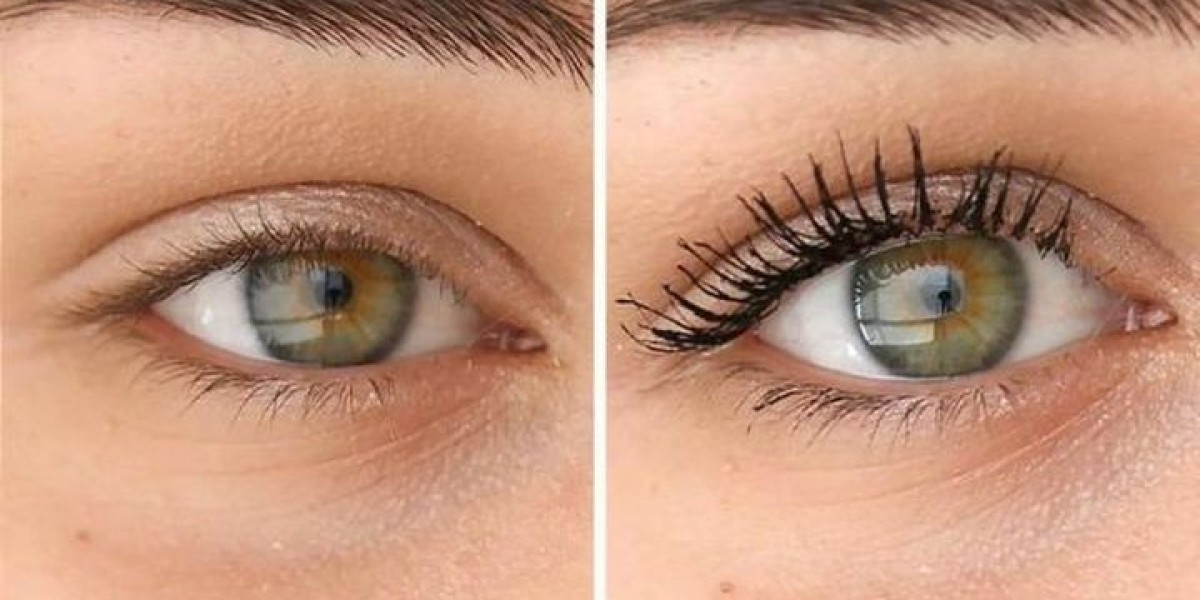Bruxism, or teeth grinding, might seem harmless at first, but when left unchecked, it can interfere with your sleep, affect your dental health, and even trigger tension headaches or jaw discomfort. While some grind their teeth during sleep, others may clench unconsciously throughout the day. The good news is that effective management doesn’t have to turn your routine upside down. In this post, we’ll unpack how to handle bruxism while keeping your daily life ticking along comfortably.
Understanding Bruxism
Bruxism is a condition where individuals grind, gnash, or clench their teeth. It can occur while awake (awake bruxism) or during sleep (sleep bruxism). Though the severity and triggers vary, it's estimated that up to 10% of UK adults experience sleep bruxism regularly, with even more suffering occasional symptoms.
Common Signs of Bruxism
Many people are unaware they have bruxism until symptoms become difficult to ignore. Look out for:
- Worn or flattened teeth
- Jaw pain or tightness
- Headaches, especially after waking
- Earache-like symptoms
- Disrupted sleep
- Tooth sensitivity or fractures
Early identification is key in managing the condition before it causes lasting damage.
What Causes Bruxism?
The exact cause isn’t always clear, but several contributing factors are commonly linked with bruxism. Right after a diagnosis, your dentist may explore possible causes such as:
1. Stress and Anxiety
Emotional stress and anxiety are among the most common triggers. People often clench or grind their teeth as a subconscious response to tension.
2. Misaligned Bite or Teeth
A misaligned bite or crooked teeth can cause the jaw to sit improperly, contributing to grinding. This is where treatments like invisalign Macclesfield may play a dual role in cosmetic improvement and reducing strain on the jaw.
3. Lifestyle Habits
Smoking, alcohol consumption, and excessive caffeine intake have all been associated with increased bruxism episodes, particularly during sleep.
4. Sleep Disorders
Conditions like sleep apnoea are often seen alongside bruxism. In these cases, addressing the sleep disorder is often the first step in treatment.
5. Medications
Certain antidepressants or neurological medications can list teeth grinding as a side effect. If this is suspected, your GP or dentist might explore alternative medications or dosages.
The Impact on Your Oral Health
Left unmanaged, bruxism can cause significant damage to both teeth and supporting structures.
Impact | Explanation |
Tooth wear and fractures | Repeated pressure can flatten or crack teeth |
Gum recession | Excessive grinding may aggravate the gums |
Jaw disorders (TMD) | Misuse of jaw muscles leads to chronic pain or clicking |
Damage to prosthetics | Bridges, crowns, or dental implants Macclesfield can be compromised |
If you’ve invested in long-term dental treatments like dental implants Macclesfield, protecting them from the effects of grinding is essential.
Treatment Options That Fit Into Your Life
Managing bruxism doesn’t require a complete lifestyle overhaul. There are several practical solutions that can be incorporated with minimal disruption.
Custom Night Guards
These are tailor-made by your dentist to fit comfortably over your teeth, creating a physical barrier to prevent grinding. Many patients find that they improve sleep quality almost immediately.
- Worn only during sleep
- Durable and easy to clean
- Can prevent further dental damage
Invisalign for Bite Correction
Where tooth misalignment is contributing to the issue, invisalign Macclesfield offers a discreet and flexible orthodontic treatment. Straightening the teeth can help reduce the muscular stress caused by uneven pressure in the jaw.
- Practically invisible
- Removable for eating and brushing
- Often completed in 6–18 months
Stress Management Techniques
Reducing emotional triggers can be surprisingly effective in managing bruxism. Try:
- Breathing exercises or mindfulness
- Regular physical activity
- Talking therapies or cognitive behavioural therapy (CBT)
Even a small change, like winding down before bed with relaxing music, can have a positive impact.
Dental Corrections
In cases of damaged or uneven teeth, your dentist may recommend reshaping certain areas or adding crowns. These procedures can correct your bite and minimise pressure.
If you’ve already had dental implants Macclesfield, your dentist will assess whether bruxism is affecting the integrity of your restoration and may suggest additional protective measures.
Daily Adjustments That Can Help
You don’t have to change your entire schedule to manage bruxism effectively. Here are a few adjustments that fit seamlessly into most routines:
- Jaw Relaxation Exercises: Practice relaxing your jaw and not letting your teeth touch during the day unless eating.
- Limit Stimulants: Reduce your intake of caffeine, especially in the afternoon.
- Chew Wisely: Avoid chewing gum, pencils, or nails—these habits reinforce clenching behaviour.
- Create a Sleep Routine: Set regular sleep and wake times. Poor sleep can worsen grinding.
Combining Bruxism Management with Invisalign
If you’re considering orthodontic treatment, you may wonder whether it’s safe or helpful while managing bruxism. The short answer is yes—invisalign Macclesfield can be part of your management plan if used correctly.
Aligners may provide temporary relief from grinding at night, acting like a soft guard. However, your dentist will evaluate whether you’ll also need a dedicated night guard during treatment or after it's complete. They may also recommend waiting until bruxism is under control before beginning certain procedures.
Patients often find that correcting misalignment not only improves their smile but also reduces jaw tension and grinding frequency.
Bruxism and Dental Implants
If you’re a bruxism sufferer and considering dental implants Macclesfield, it’s essential to inform your dentist beforehand. Bruxism can affect the success of implants due to the additional force exerted on them.
Before Implant Placement
Your dentist might recommend a bruxism management plan first to reduce inflammation or muscle overuse.
During Recovery
A night guard may be prescribed to protect healing implants, especially during the initial osseointegration phase (when the implant fuses with bone).
Long-Term Care
Routine check-ups will be even more important, as bruxism can slowly loosen or damage the surrounding implant structures.
When to Seek Help
Mild clenching now and then may not require intervention, but persistent symptoms deserve professional attention. Contact your dentist if:
- You’re experiencing regular jaw pain or headaches
- Your teeth are showing signs of wear or cracking
- You’ve noticed increasing sensitivity or discomfort
- You already have crowns, bridges, or dental implants Macclesfield that could be at risk
An early diagnosis allows you to take preventive steps before more complex treatment becomes necessary.
Conclusion
Living with bruxism doesn’t mean overhauling your daily life. With small changes, consistent dental support, and smart choices like invisalign Macclesfield or protective night guards, you can keep your smile healthy and pain-free. By addressing the underlying causes and sticking with a manageable routine, most people can greatly reduce symptoms. At Smilo Dental Implants Group, we help patients navigate bruxism with care that fits their lifestyle—so you can rest easy knowing your teeth are protected, day and night.







